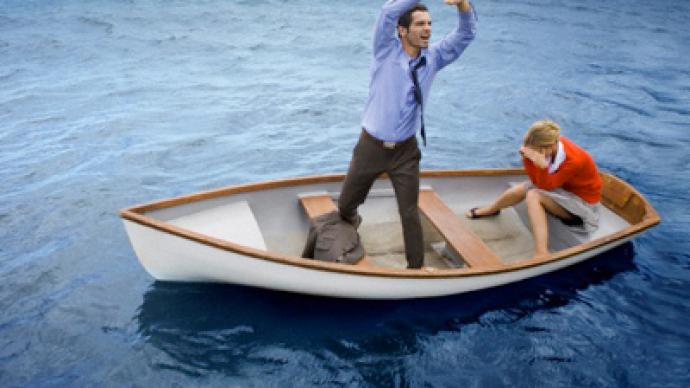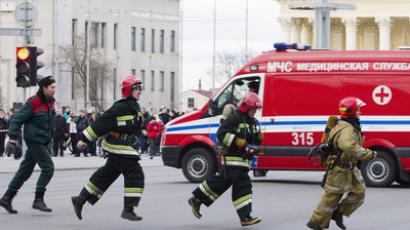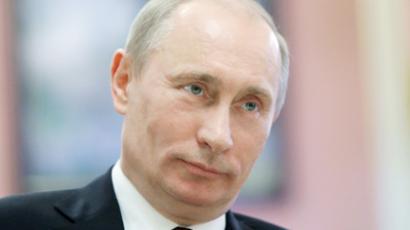Crisis-hit Belarus seeks IMF loan

Belarus has asked the International Monetary Fund for a loan of up to US$8 billion. The money is needed to boost the crippled economy and revive people's faith in the government.
The country is currently facing its most severe financial crisis in years. The economic situation has deteriorated so rapidly that last week the government was forced to devalue the national currency. The Belarusian ruble halved in value, sparking people wanting to get rid of it quickly. Yury goes to a bank in central Minsk every day in the hope of swapping his money for US dollars. A week ago he was number 150 in a queue. “I have to pay for my daughter’s education and I can only do it in dollars, so I have been standing here for a week to buy $300,” he said. “This is a disgrace, what is happening in Belarus.”Despite certain improvements in the economic situation in Belarus in the past seven days, the post-Soviet country is still gripped by the hard financial turmoil. Shelves in the stores are still empty around the country, and the shortage of imported goods is especially pronounced. “I do not want to live in this country anymore and am looking to run away from here,” one young Belarusian said. “I was born in the Soviet Union, but the country I am now living in is a joke.”Economists say there are many reasons behind this financial crisis, such as the poor economic policy of the past decade. Others insist that the main reason is the decision by Belarusian President Aleksandr Lukashenko to increase salaries by 30 per cent, which was a part of his election campaign.”Our government tried to increase the salary from $130 to $500…and the result was in the imbalances of currency in Belarus,” said economist Leonid Zaiko. It took three weeks into the crisis before the National Bank of Belarus finally admitted something was wrong. In the eyes of the leadership in Minsk, everything had been fine. When Belarusian President Aleksandr Lukashenko decided to speak out, he blamed everyone but his government.“If you see someone buying things in a store instead of working, fire them immediately,” he said. “The people are not working hard enough, that is why we are in this crisis.” ”Besides, the Russian media inflames this situation. I do not want them on our soil anymore,” Lukashenko added. His statements came a week after Moscow agreed to provide an emergency loan to Minsk at a Eurasian Economic Community (EurAsEC) summit.Having received these assurances, the Belarusian government also turned to the IMF asking for an $8-billion loan. Its delegation started work in Belarus to determine whether the country is eligible to receive the help. Still many wonder if the decision has already been made, especially since only a few months ago Lukashenko was openly cursing Brussels over accusations of human rights violations.In the best possible scenario, Minsk could receive the first $ 1.2 billion loan from the EurAsEC by next Monday. The IMF is expected to deliver its decision by June 14. However, with all the harsh rhetoric often coming from the Belarusian leadership, it is hard to say who – if anyone – would be able to drag this country out of the financial abyss.














